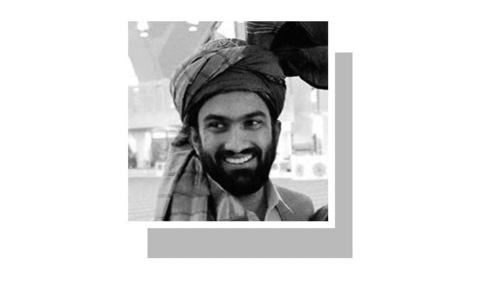According to the United Nations, people aged 60 or more are referred to as elderly, while most developed countries agree on age 65 or above to identify senior citizens, seniors or the elderly.
Aging is a natural process. As we grow old, the function of all organs of our body decline gradually giving rise to various problems. Age-related changes include a decrease in muscle mass, bone mass density, height and water content together with an increase in body fat and organ atrophy. Although these changes are inevitable, their speed can be altered with necessary lifestyle modifications.
Nutritional deficiencies are common in the elderly, due to a wide range of reasons, including change in the body needs, problem in chewing and swallowing, decreased appetite, decline in taste and smell, depression, disease, trauma, use of certain medicines and social or economic reasons. This can increase the risk of malnutrition, poor vision, osteoporosis, frequent falls, depression, anaemia and other issues in older people.
As physical activity and caloric needs decline with age, it is better to replace a high-carbohydrate diet with one rich in vitamins, minerals and fibre. It should include fresh fruits and vegetables, fish, meat, low-fat milk, eggs, nuts, seeds, pulses and grains.
However, diet alone can be of little help; hence, it should be combined with a sensible workout regimen for maximum benefit.
Not only does following a daily exercise routine keep obesity, diabetes and hypertension at bay but also helps fight depression, pain and anxiety by raising serotonin (the happy hormone) levels in the brain. One can choose from the four basic types of exercise, i.e. for balancing, strengthening, stretching and endurance.
Balancing exercises such as tai chi and yoga are meant to enhance muscles of the lower limbs and help decrease the risk of falling. Strengthening or resistance exercises such as free weights, weight machines and stretch bands target to increase the overall muscle mass of the aging body. Stretching exercises keep the body supple and improve movement, whereas endurance exercises such as jogging, swimming or biking help build stamina and boost cardiovascular health. Whatever exercise the elderly indulge in, especially if opting for weights, it is best that they check with their physician to avoid any unwanted injuries or damage.
Keeping in mind the decreasing faculties of the elderly it always helps if some safety measures are adopted. It is in interest of the elderly to avoid bending down or lifting heavy objects. Care should be taken to keep the floor clutter-free, quickly mop away any spillage on the floor and avoid all sorts of slippery items including tiles, rugs and slippers; fix handrails in the bathroom and along the stairs and make the furniture stable by removing castors, etc. Avoid smoking, drinking and using any harmful drugs and making regular checkups a part of life are also vital.
Along with physical wellbeing, the mental health of the elderly is another matter of concern and should not be overlooked.
The elderly are prone to depression for a multitude of reasons such as declining bodily functions, fighting various chronic diseases, fear of death, demise of loved ones, lack of social support, economic concerns, dependency, etc. It requires efforts by both the elderly and the caretakers to help avoid depression from setting in.
How to spend their day is one issue that most elderly people are faced with. They have spent their lives working and after retirement feel they have a lot of free time at hand. This is the best time to pursue their interests and hobbies for which they could not take time out while they were working. They can be encouraged to engage themselves in anything that interests them, such as cooking, crocheting, gardening, singing, writing, reading or maybe learning new things such as a new language, playing a musical instrument or simply socialising. They may even try out different indoor and outdoor games with their children and grandchildren or computer games for that matter.
Whatever their wishes or ideas may be, the family should thoroughly support them, spend ample time with them and appreciate all their endeavours to make their lives interesting and eventful. After all, we all should agree with Mark Twain when he said, “Age is an issue of mind over matter. If you don't mind, it doesn’t matter”. Happy living!












































Dear visitor, the comments section is undergoing an overhaul and will return soon.